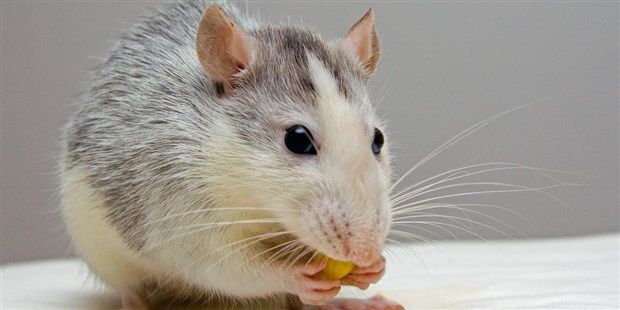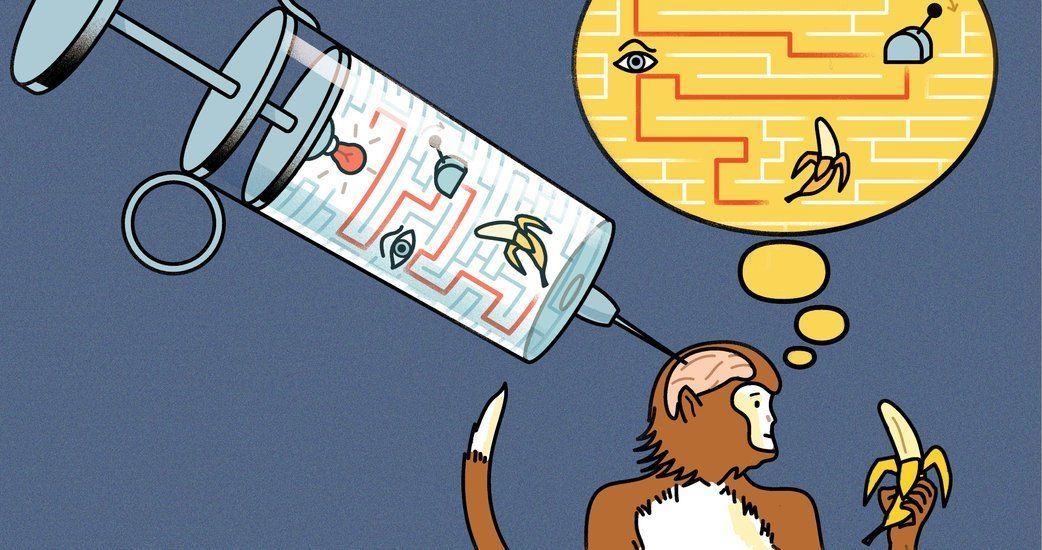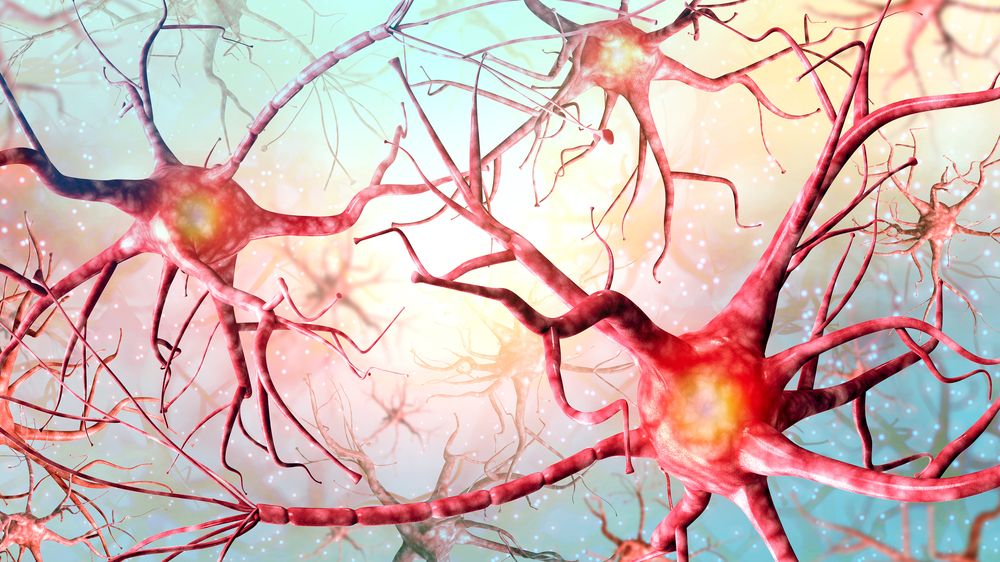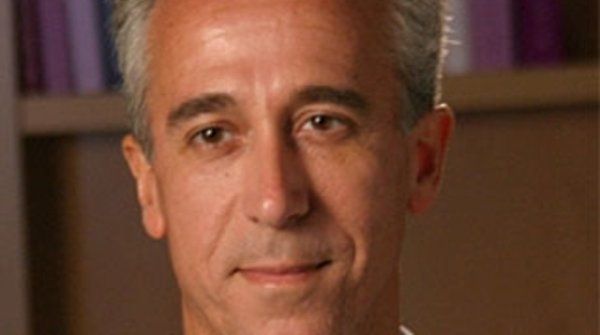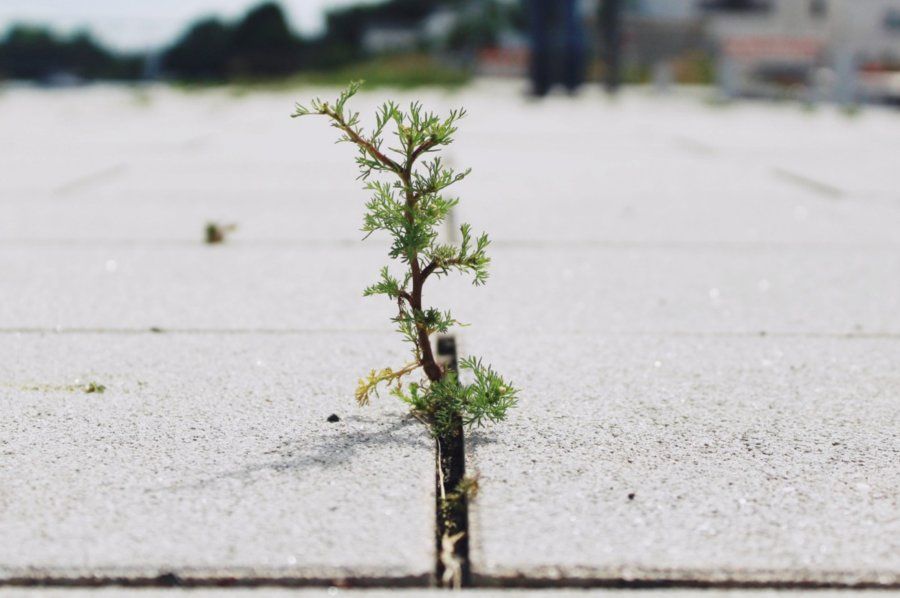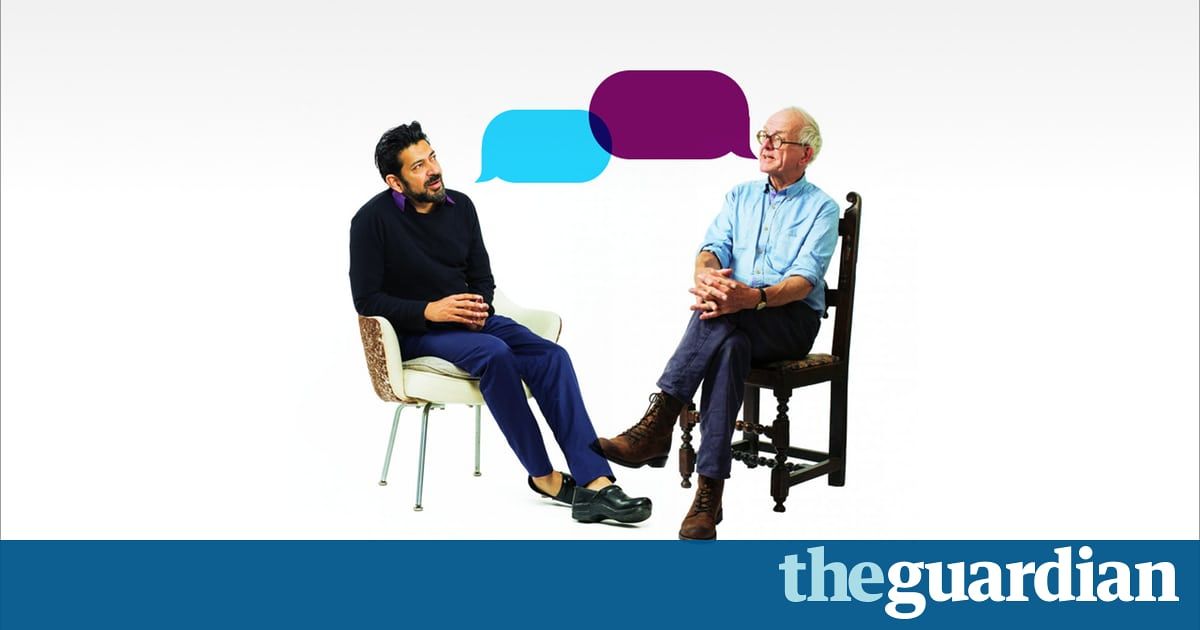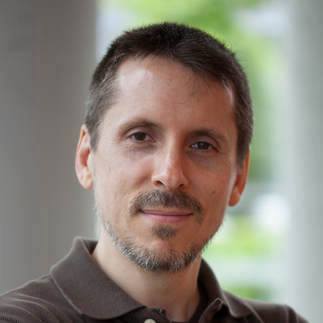Archive for the ‘neuroscience’ category: Page 870
Dec 11, 2017
Scientists ‘Inject’ Information Into Monkeys’ Brains
Posted by Shailesh Prasad in categories: education, neuroscience
In an experiment with science fiction implications, neurologists say they taught monkeys to play a game by stimulating their brains with electrodes.
Dec 8, 2017
Scientists may have found a way to inject information directly into the brain
Posted by Shane Hinshaw in category: neuroscience
In a new study, scientists have used electrical currents to inject information directly into the brains of monkeys.
Dec 8, 2017
Boosting Mitochondrial Quality Control to Combat Alzheimers
Posted by Steve Hill in categories: biotech/medical, neuroscience
Scientists at the École polytechnique fédérale de Lausanne (EPFL) have found a way to make mitochondria more resistant to damage, which could potentially be used to halt Alzheimer’s and other, similar, diseases.
Globally, Alzheimer’s disease is the most common form of dementia and cause of neurodegeneration. It causes brain damage and symptoms such as long-term memory loss. It is an amyloid-based disease, with the characteristic hallmark being the formation of toxic plaques in the brain made from the aggregated beta-amyloid inside the neurons.
Dec 8, 2017
Science Is Starting to Explore the Gray Zone Between Life and Death
Posted by Shailesh Prasad in categories: biotech/medical, neuroscience, science
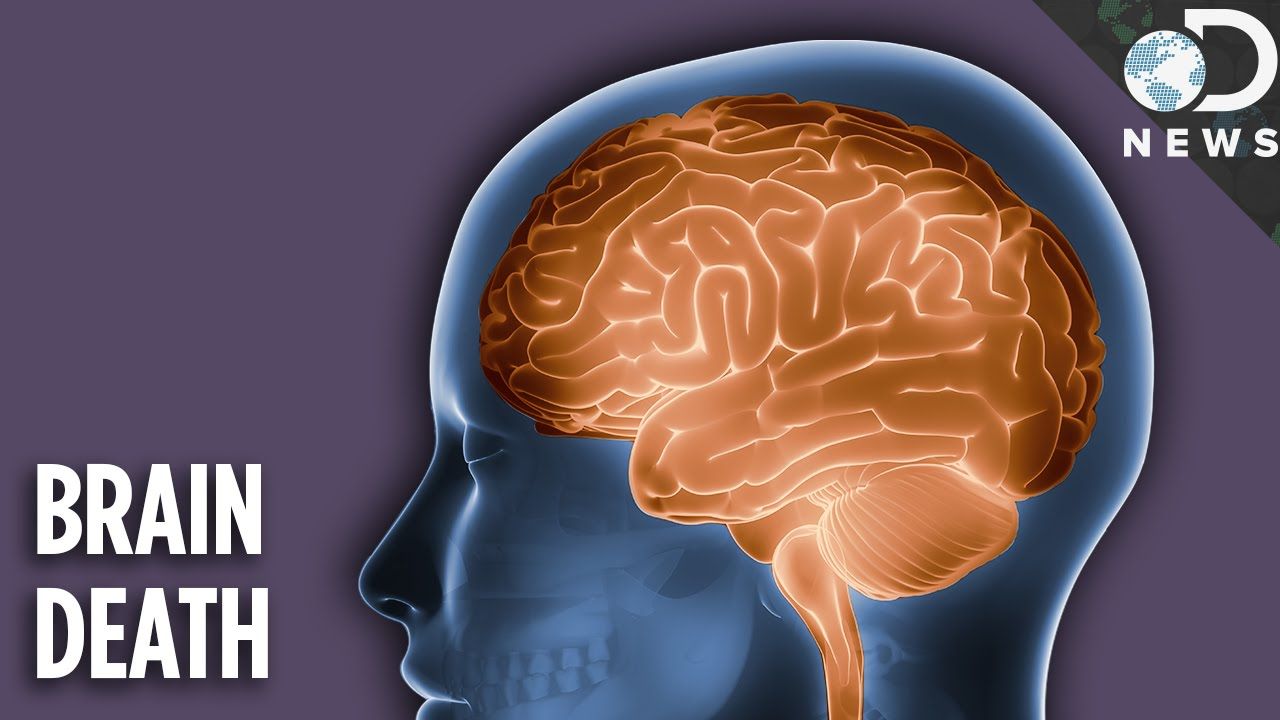
Biologist Mark Roth, at Seattle’s Fred Hutchinson Cancer Research Center, is working with animal subjects, putting them into suspended animation. The idea is that a patient who is in medical crisis could be put into a suspended state like hibernation, until he or she could be stabilized and in this way, get past it.
Though we tend to expire when the oxygen level is low, many animals go into a suspended state in extremely low oxygen environments. In the lab, one must enter into such an environment quickly. Roth is currently working with nematodes—a kind of roundworm—and expects to eventually work up to humans.
Continue reading “Science Is Starting to Explore the Gray Zone Between Life and Death” »
Dec 8, 2017
The Mirror Neuron Revolution: Explaining What Makes Humans Social
Posted by Shailesh Prasad in categories: entertainment, neuroscience
Neuroscientist Marco Iacoboni discusses mirror neurons, autism and the potentially damaging effects of violent movies.
Dec 8, 2017
Scientists Find Out How Hope Protects the Brain
Posted by Shailesh Prasad in category: neuroscience
Since hope appears to come from a physical place in the brain, scientists are hoping to figure out how it shields the rest of the brain from negativity. Really.
Dec 8, 2017
Netflix’s Beautiful New Sci-Fi Series Will Make You Rethink Death
Posted by Shailesh Prasad in categories: life extension, neuroscience

What is a body other than the vessel for your consciousness? Does the one you’re using right now really matter all that much? Why not, when your current body gets all old and run down, don’t you just get a new, young, beautiful, and healthy one? That’s the pitch in the first trailer for Netflix’s new dystopian sci-fi series Altered Carbon, which takes the form of an advertisement for Psychasec.
“Centuries ago, mankind discovered a way to transfer consciousness into a new body making death a mere inconvenience,” says the commercial. “Since then we’ve been providing an unparalleled pedigree of human sleeves to only the most discerning clientele. Psychasec: Live forever in the body you deserve.”
Continue reading “Netflix’s Beautiful New Sci-Fi Series Will Make You Rethink Death” »
Dec 7, 2017
Siddhartha Mukherjee meets Henry Marsh: ‘When do you stop treating a patient? At 100?’
Posted by Derick Lee in categories: biotech/medical, genetics, neuroscience
Mukherjee is now 47 and lives in New York; Marsh, 67, lives in Oxford. To different extents both of these doctors still practise in their respective fields – Mukherjee at Columbia University’s cancer centre, Marsh as a visiting doctor at various hospitals around the world, including in Kathmandu in Nepal. Both men have continued to write: Marsh a second volume of autobiography, called Admissions, published this year, and Mukherjee a study of genetics called The Gene: An Intimate History, published last year. When they sat down to talk to each other over Skype one Saturday afternoon in November, they began with a subject on which their two lifelong disciplines overlap: the treatment of brain cancer.
The cancer specialist and the neurosurgeon talk about treating cancer, writing and facing death in their own families by Tom Lamont.
Dec 5, 2017
We are happy to announce Dr. Jean Hébert as a speaker for the 2018 Undoing Aging Conference
Posted by Michael Greve in categories: biotech/medical, life extension, neuroscience
Dr. Hébert will be in Berlin to provide an update on his fascinating work. The use of stem cells to repair the brain is relatively straightforward for Parkinson’s disease, in which cell depletion is localized to one small region, but in Alzheimer’s disease and other conditions, the cell loss is widely distributed, whereas cells can only be injected into one spot. The solution that Dr. Hébert explores is to make those cells migrate before dividing and differentiating.
https://www.undoing-aging.org/dr-jean-hebert-to-speak-at-undoing-aging-2018
